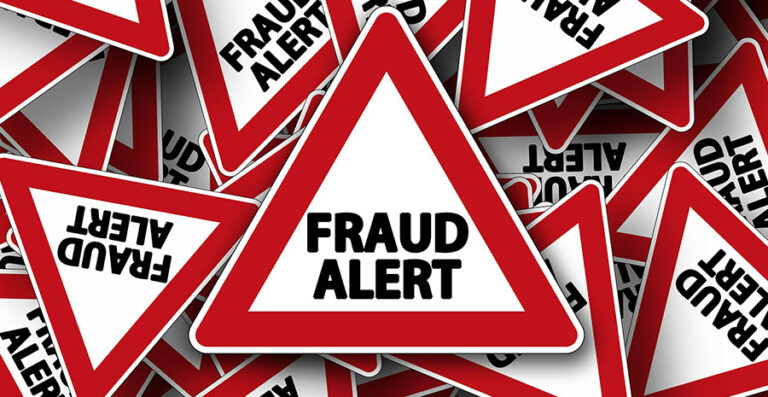What is telemarketing?
A plan, program, or campaign to sell goods or services over the phone
The Federal Trade Commission (FTC) defines telemarketing as a plan, program, or campaign to sell goods or services over the phone. Telemarketing can offer a convenient way to buy products and obtain services. However, many Americans view these unsolicited calls as an annoyance. As a result, Congress has enacted statutes that regulate the practice of telemarketing.
What statutes regulate telemarketing?
Telemarketing is governed primarily by two statutes: the Telephone Consumer Protection Act (TCPA) and the Telemarketing and Consumer Fraud and Abuse Prevention Act. The TCPA regulates calls and faxes made or sent to your home by telemarketers and automatic dialing devices and is enforced by the Federal Communications Commission (FCC). The Telemarketing and Consumer Fraud and Abuse Prevention Act prohibits deceptive and abusive telemarketing acts and practices and is enforced by the FTC, through the Telemarketing Sales Rule.
How to end telemarketing calls
Sign up for the national “do not call” registry
Consumers have the opportunity to place their phone numbers on a national “do not call” registry. Once you register your phone number, most, but not all telemarketing calls should stop within 31 days. You may continue to receive calls from political organizations, charities, and telephone surveyors, as well as calls from companies with which you have a business relationship. You can register online at www.donotcall.gov or call 1-888-382-1222. Registration is free.
Tip: If you’ve already registered with your state’s “do not call” registry (if it has one), you may have been signed up for the national registry automatically. To find out, log onto www.ftc.gov/donotcall.
Ask to be placed on a company’s “do not call” list
The TCPA requires each company to maintain its own “do not call” list. Generally, telemarketers are prohibited from calling any individuals who have asked to be placed on a company’s “do not call” list.
Tip: Keep in mind that if you ask a telemarketer to place you on a company’s “do not call” list, the telemarketer may still be able to call you on behalf of another company.
Find out if your state has telemarketing laws
Your state may have telemarketing laws that provide protections in addition to the federal laws. For example, your state may have already established its own “do not call” registry. For more information on the telemarketing laws of your state, check with your state’s consumer protection office or state attorney general’s office.
Don’t give out personal information
Whenever possible, try to avoid giving out personal information, such as your phone number, to businesses. Oftentimes, this information is used to target consumers for additional advertising.
How to avoid telemarketing fraud
Telemarketing calls are usually made by legitimate companies that abide by the guidelines set forth by the FTC and FCC. However, there are telemarketers who are out to defraud consumers by using unfair and/or deceptive trade practices. You can protect yourself against telemarketing fraud by following these guidelines:
- Ask questions about the company or the products or services offered. Legitimate companies should not hesitate to give you the requested information.
- Understand the terms of the offer completely. Keep in mind that if an offer sounds too good to be true, it usually is.
- Beware of free prizes–particularly if you have to pay a fee, prepay taxes, or respond immediately to the offer.
- Don’t be afraid to say no–you can always ask the company to call back if you want time to think about it.
- Don’t give out personal information (e.g., name of your bank, checking account number, Social Security number, credit card number).
- If you do buy something over the phone, never send cash. Instead, send a check or a money order.
If you have been contacted by a telemarketer who you suspect may be engaging in fraudulent activity, call the National Fraud Information Center at (800) 876-7060 for information about how to report fraud and which regulatory agency to contact.



